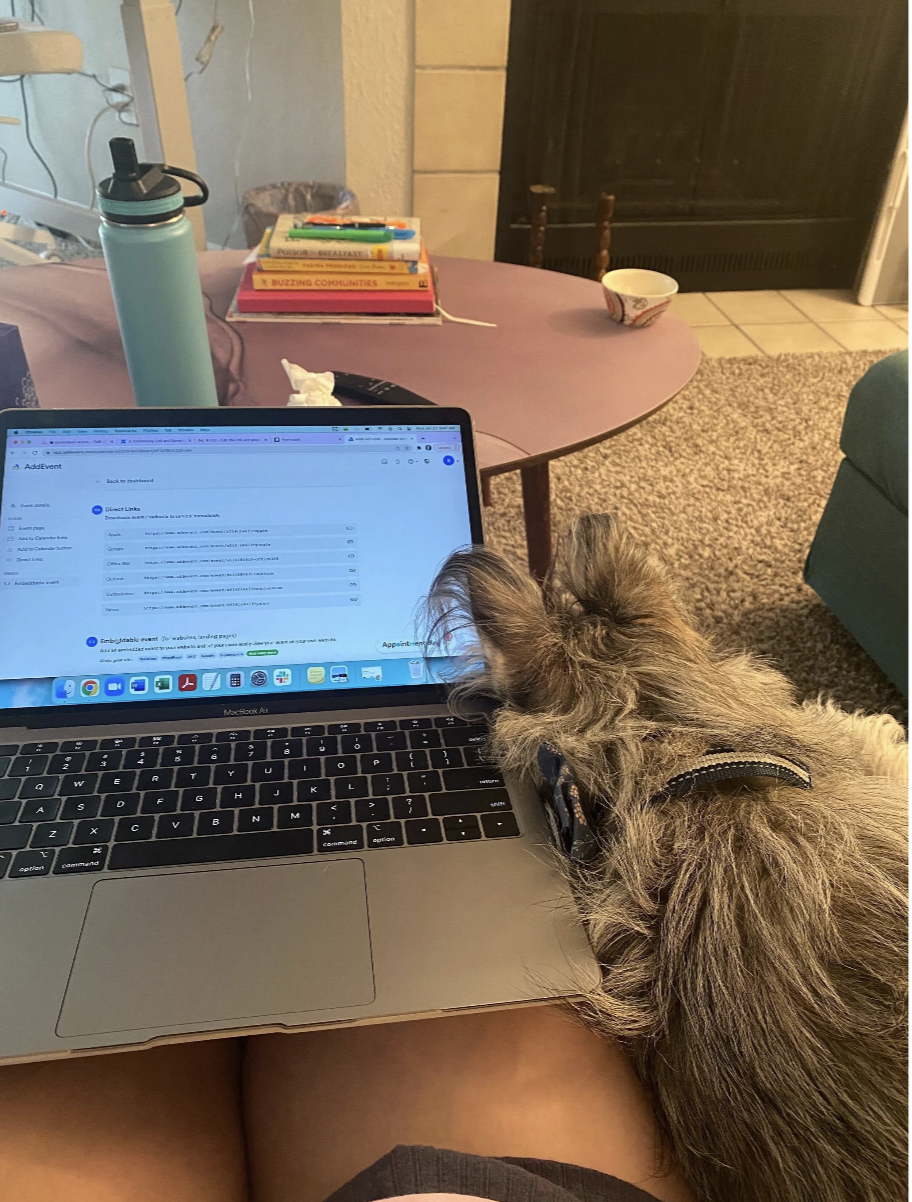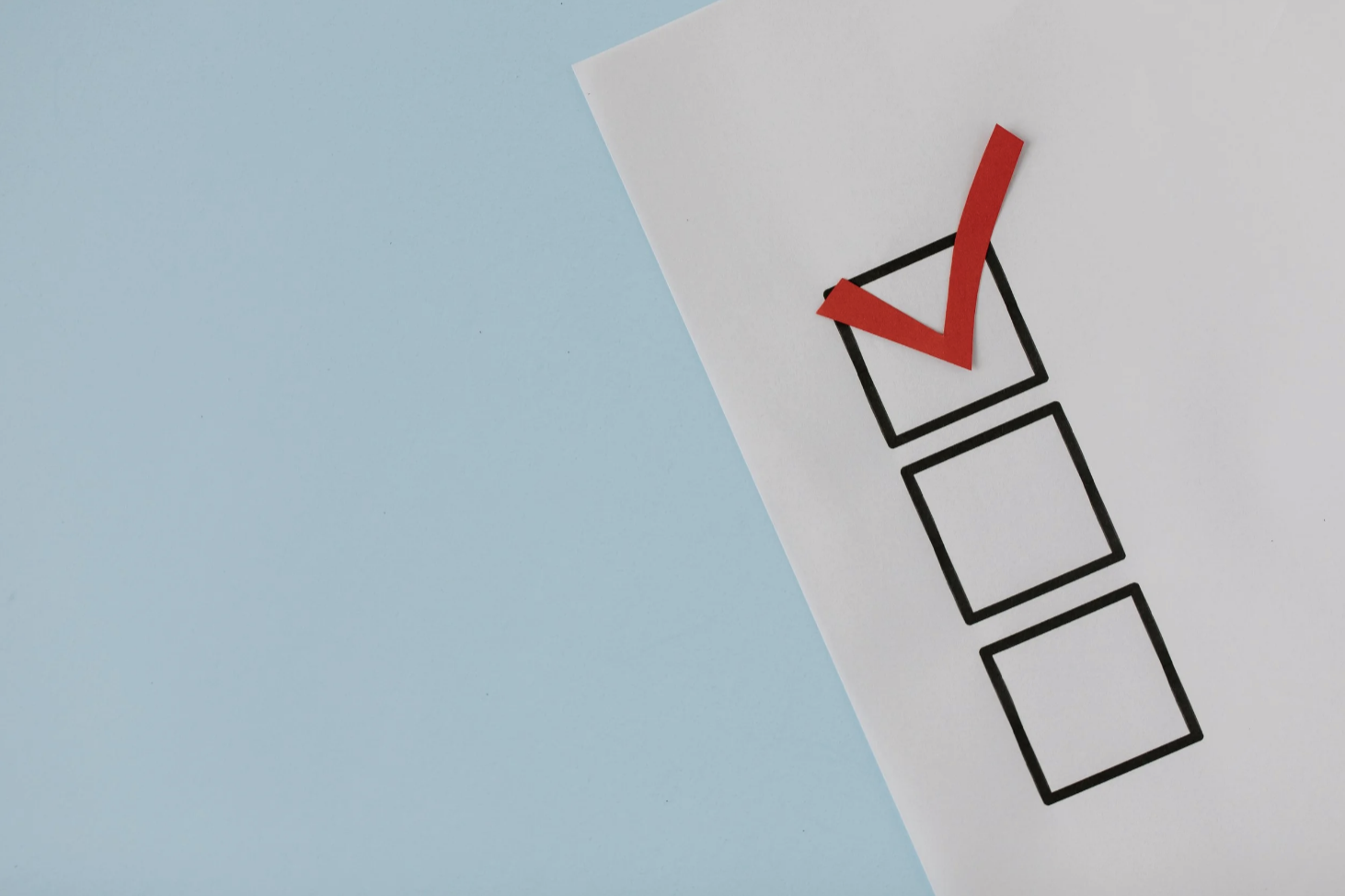By Isabela Hernandez (Florida, U.S.A.)
Many people go on to get their master’s, go to law school, medical school, or any form of higher degree past an undergraduate education. I am currently in the midst of applying to medical school. Recently, I have been filled with an anxiety about the future of when I do start this career path. This anxiety is not centered around whether I am capable of handling the pressures of medical school, but rather, if my ulcerative colitis is.
My goal is to go to medical school; it always has been. I know that I can handle it and have the potential to succeed. But, what scares me, is if my body can handle the lifestyle of a medical student. I have often heard from current medical students that it is a constant study, class, study, exam, and repeat lifestyle, leaving little time for self-care. It is so difficult when mentally you know you can do something, but you never know what you can expect from your IBD. It is so frustrating sometimes when you're in this battle of uncertainty with your disease, truly feeling like the future is uncontrollable. I am writing this not to give any sort of advice, only to express how I feel about a path I have chosen for myself and if anyone else can relate to my concerns.
Since it is completely different from undergrad, I am not completely sure if the tactics I acquired there will even apply in medical school. I know that I will need to find ways to mitigate my stress and my disease at school, in order to achieve balance and reduce flares. But this is always easier said than done. I am still a while away from actually getting into school and starting, but I want to address this fear by recognizing that “you don’t know until you know.” This is a phrase my sister always says to me when I start overthinking about the future and scenarios that might negatively affect my progress. One never knows how things are going to turn out until they actually happen, and for the most part, the anxiety leading up to an event is always worse than the actual moment that it happens. I hope by writing this, I encourage not only myself, but others to pursue any career choice they know deep down they would succeed in. Don’t let your IBD scare you away from a bright future, like mine has been trying to. Rather, focus on the facts that you know now, address them, and work your way into the future. The future is always unknown, so we might as well try for the best future we can.
This article is sponsored by Trellus
Trellus envisions a world where every person with a chronic condition has hope and thrives. Their mission is to elevate the quality and delivery of expert-driven personalized care for people with chronic conditions by fostering resilience, cultivating learning, and connecting all partners in care.




























